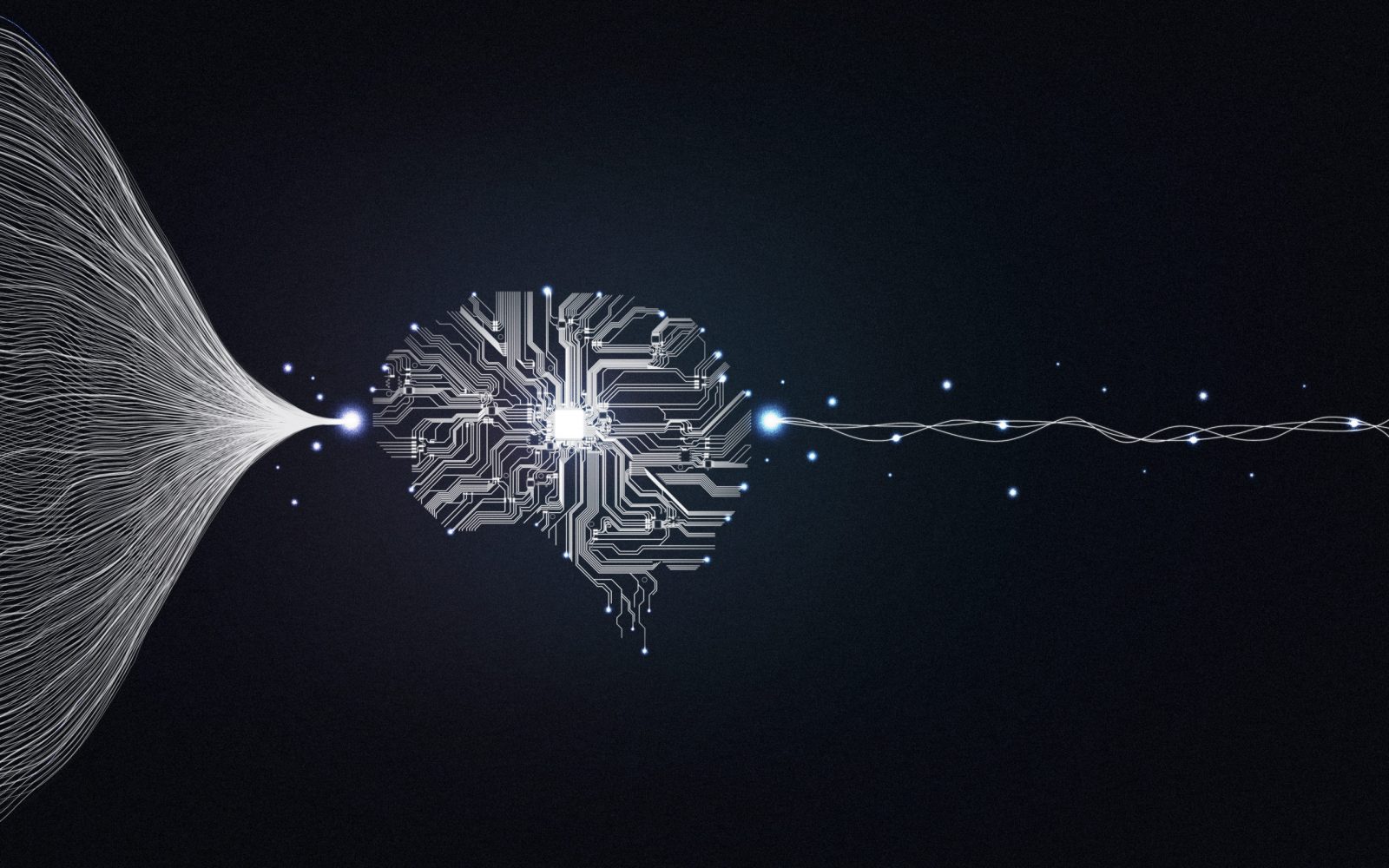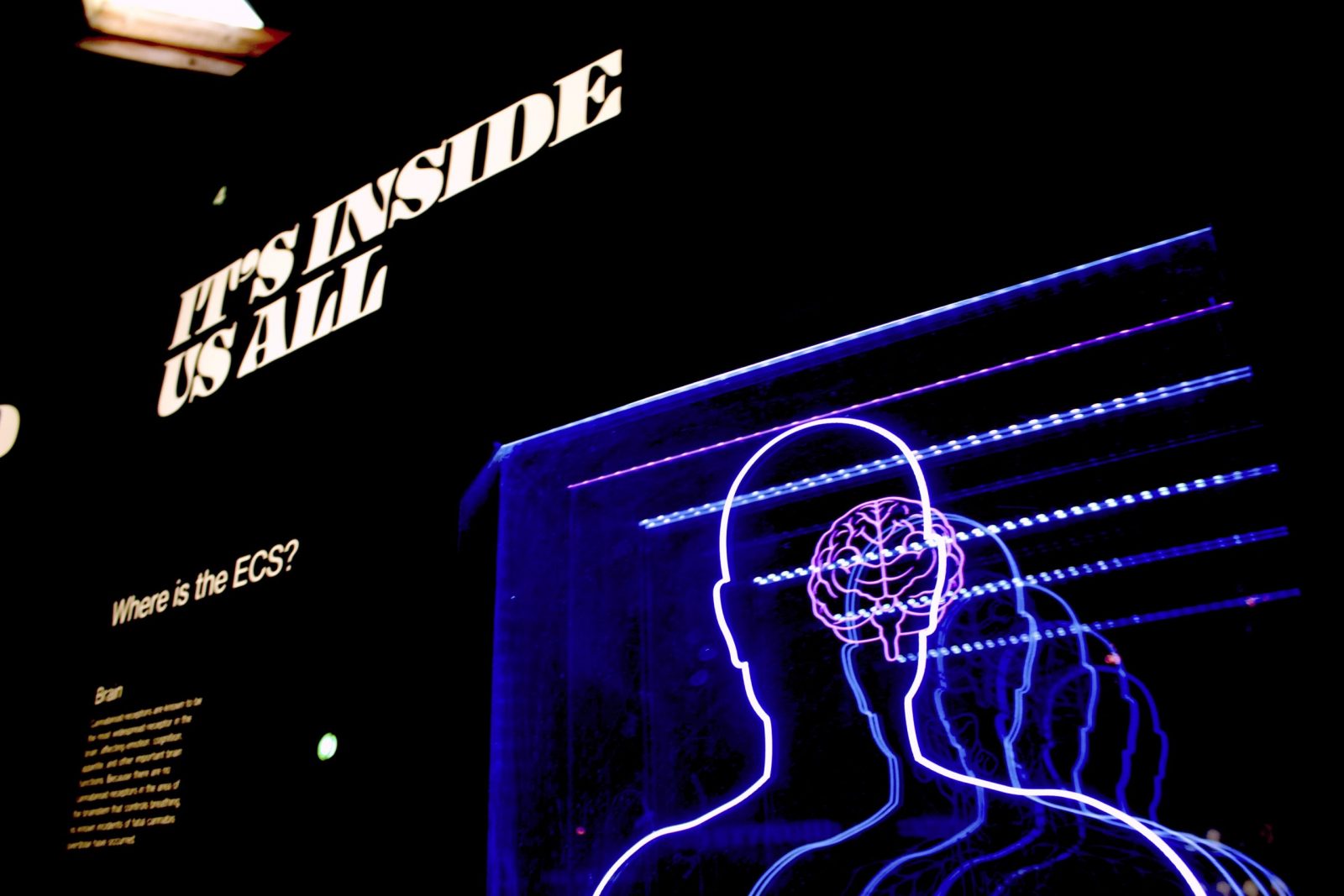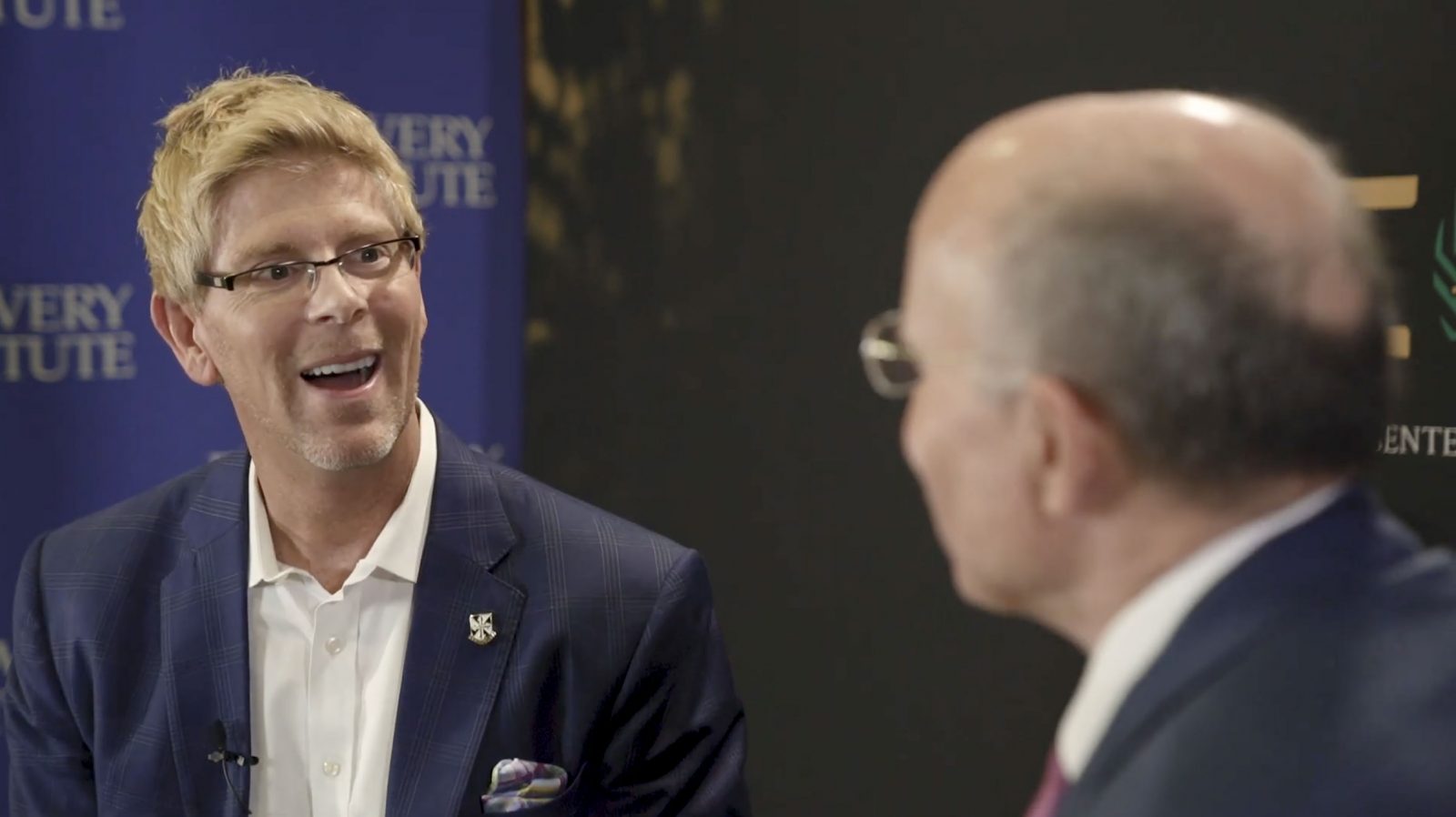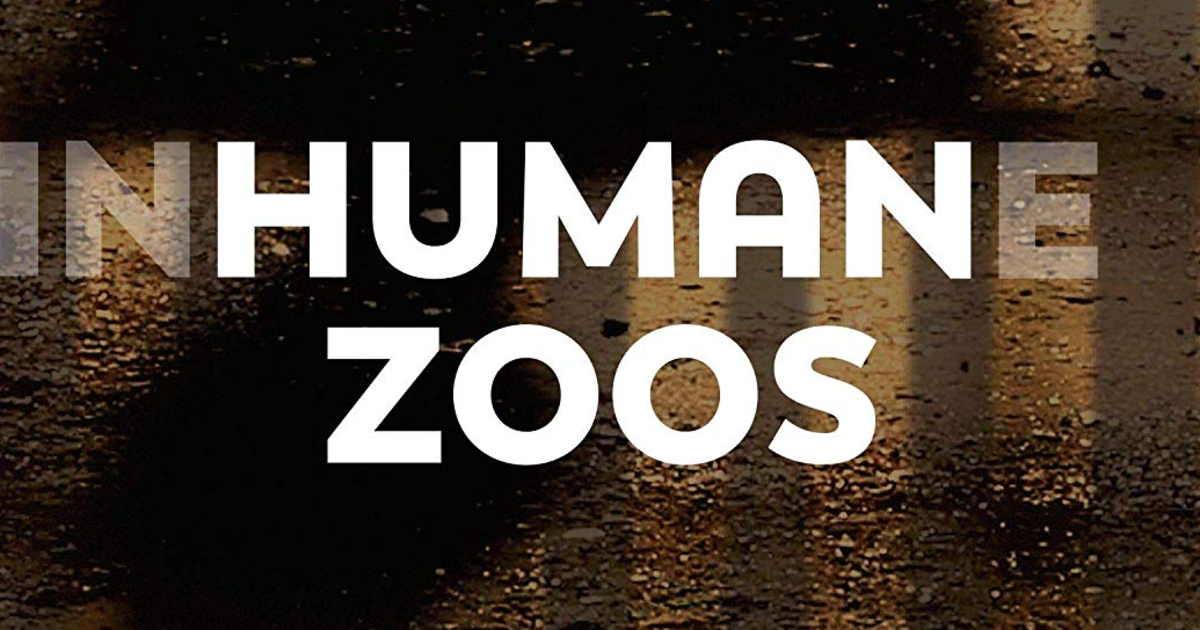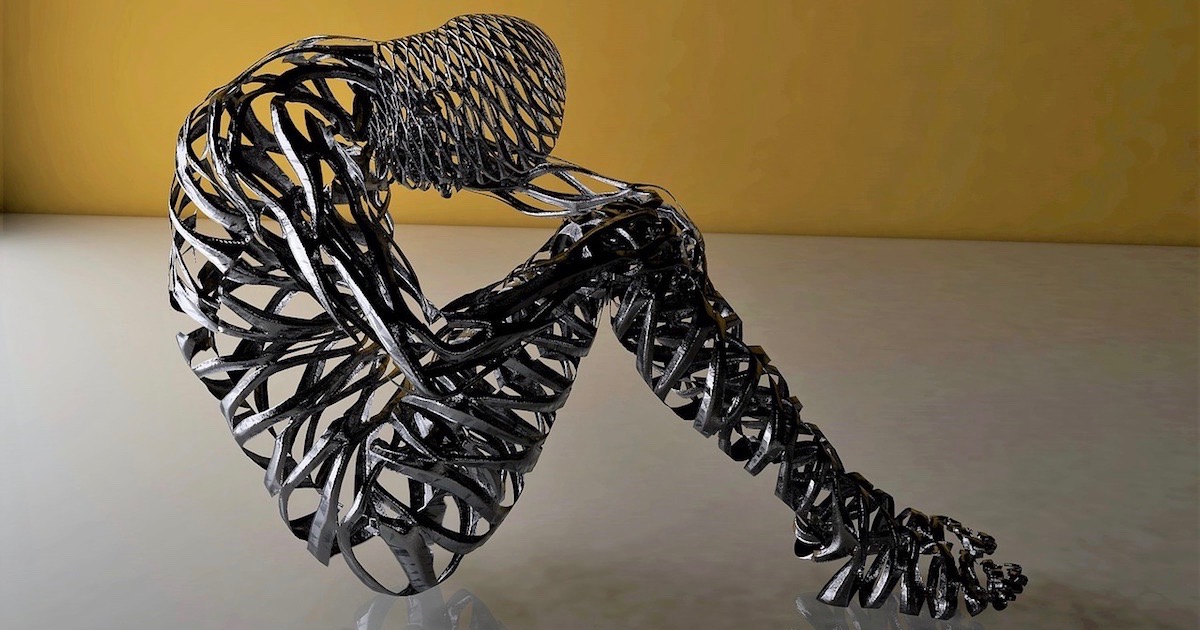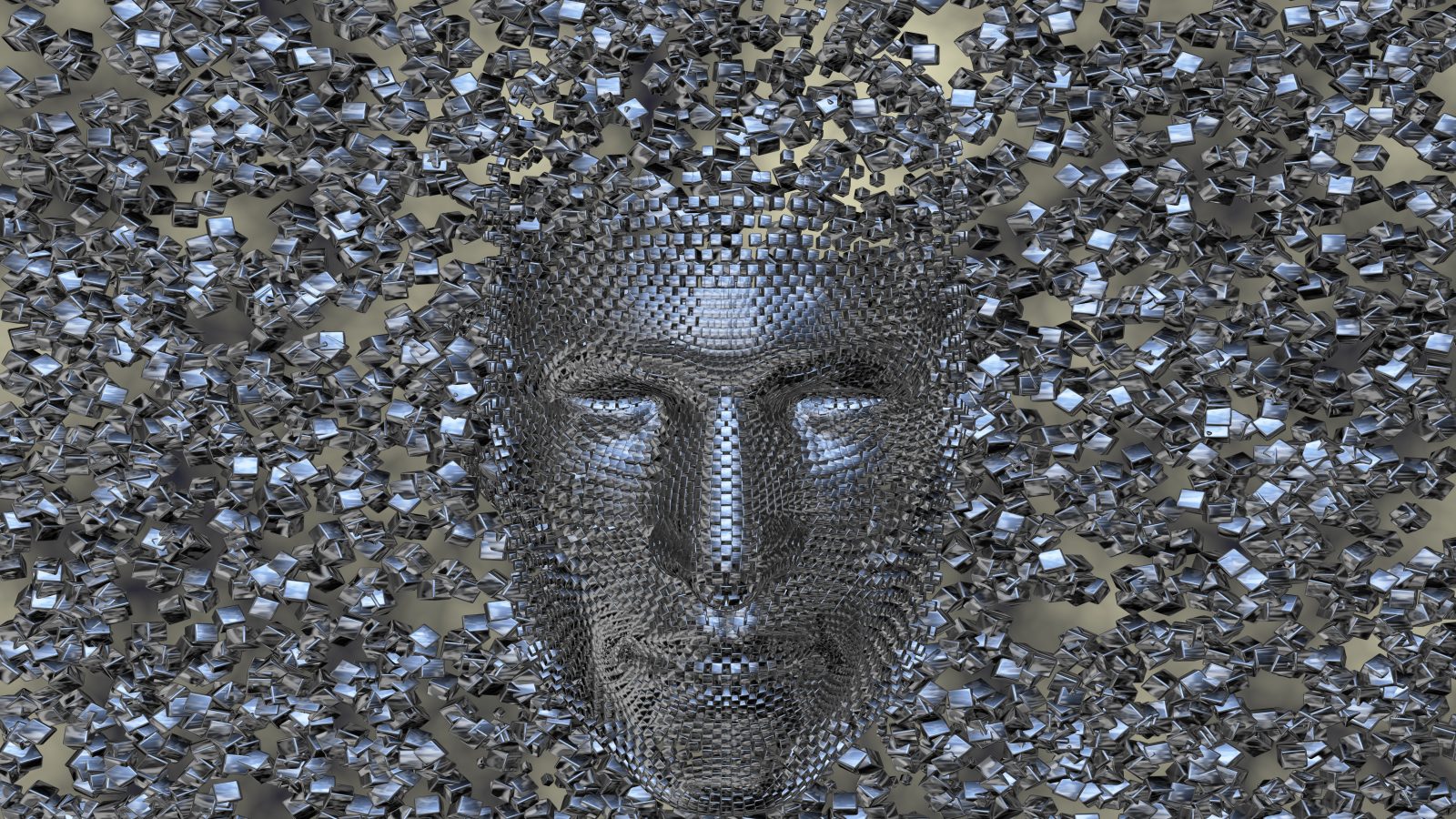
John Lennox Talks AI, SciFi, Transhumanism and the Image of God
On this episode of ID the Future, host Robert Marks continues his conversation with Oxford University mathematician John Lennox about Lennox’s new book 2084: Artificial Intelligence and the Future of Humanity. Lennox reviews mythology and science fiction writing stretching from the ancient poet Hesiod to the novelist Dan Brown and MIT physicist Max Tegmark. He says that artificial intelligence (AI) predictions down through the ages are all heavily dependent on theological and philosophical presuppositions. He and Marks also discuss AI’s cousin, transhumanism, its surprising history, and its potentially very dark future, including the risk of what C.S. Lewis called “the abolition of man.”
